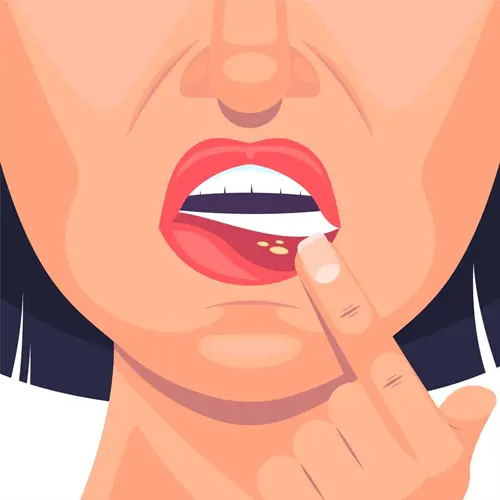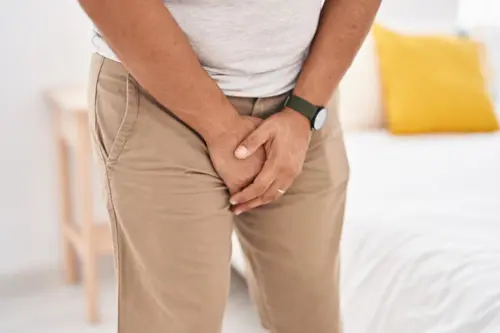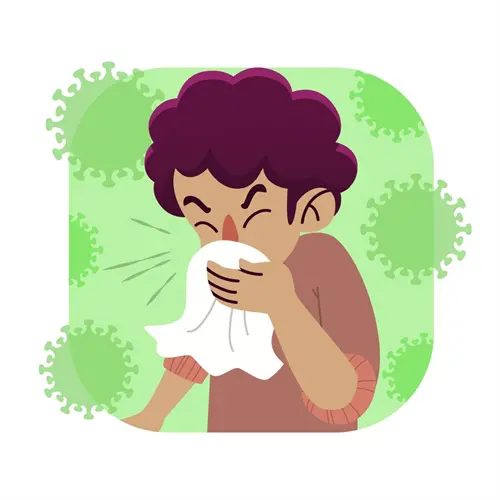Preventive Healthcare
Crystals in Urine: What They Mean and How to Address Them
1397 Views
0

What does it mean to have crystals in your urine?
Having crystals in urine means that minerals or chemicals have solidified within the urinary tract. This can result from factors like dehydration, a high-protein diet, or excessive vitamin C intake. However, crystals in urine may also indicate underlying health issues, such as kidney stones, urinary tract infections (UTIs), gout, or metabolic disorders. Crystals in urine treatment typically involves increasing fluid intake, dietary changes, or medication to dissolve crystals and prevent recurrence, especially in cases linked to kidney or metabolic issues.
What are the common types of crystals found in urine?
Several crystals in urine types can be identified, each associated with different dietary, metabolic, or health conditions:
- Uric Acid Crystals: Orange-brown or yellow, typically found in acidic urine, and associated with high-protein diets, gout, or chemotherapy.
- Calcium Oxalate Crystals: Colourless and shaped like envelopes or dumbbells. They can appear in healthy urine but are also linked to kidney stones.
- Struvite Crystals: Caused by UTIs or incomplete bladder emptying, composed of phosphate, ammonium, magnesium, and calcium.
- Cystine Crystals: Rare and linked to the genetic disorder cystinuria, these are larger and distinctive among crystals in urine types.
- Ammonium Biurate Crystals: Brown, spiky spheres that typically appear in alkaline urine or poorly preserved samples.
Who gets crystals in their urine?
Anyone can develop crystals in urine, but certain groups are at higher risk:
- People who are dehydrated or have low fluid intake
- Those consuming high-protein or high-salt diets
- Individuals with gout, kidney stones, or metabolic disorders
- Patients on certain medications
- Those with genetic disorders like cystinuria or primary hyperoxaluria
How does having crystals in our urine affect our body?
The impact of crystals in urine depends on their type and quantity:
- Small crystals may not cause symptoms and can pass out of the body without issues.
- Large crystals or stones can cause severe pain in the abdomen, flank, or groin, nausea, difficulty urinating, and blood in the urine.
- Untreated stones may lead to ureter blockage, kidney and bladder damage, kidney infections, and UTIs.
What are the signs and symptoms of crystals in urine?
Crystals in urine symptoms may not always be noticeable, especially for small crystals. However, when symptoms do occur, they can include:
- Lower back pain
- Nausea
- Difficulty urinating
- Abdominal pain
- Changes in urine colour
- Fever
- Blood in the urine
- Frequent urination
- Cloudy urine
What causes crystals in urine?
Several factors can contribute to crystals in urine causes:
- Dehydration: Low fluid intake can increase mineral concentration in urine, leading to crystal formation.
- High-Protein Diet: Excessive protein can overload the kidneys, causing higher concentrations of certain substances and crystal formation.
- Medications: Some medications can cause the buildup and formation of crystals.
- Urinary Tract Infections (UTIs): Bacteria in the urinary tract can change the pH and facilitate certain crystal formation.
- Genetic Disorders: Conditions like cystinuria and primary hyperoxaluria raise the risk of crystal formation.
- Metabolic Disorders: Gout, diabetes, and liver disease can also lead to crystals in urine.
Is having crystals in your urine contagious?
No, having crystals in urine is not contagious. It's typically related to individual health conditions, dietary habits, hydration levels, or genetic factors.
What tests will be done to diagnose crystals in your urine?
Diagnosing crystals in urine usually starts with a urinalysis, which includes:
- Visual examination of urine colour and cloudiness
- Dipstick test to check for various components
- Microscopic examination to identify crystal types, blood cells, bacteria, etc.
Additional tests may be ordered based on the findings and suspected underlying causes, like a 24-hour urine collection, blood tests, and imaging tests.
How do you treat crystals in your urine?
Crystals in urine treatment depends on the underlying cause and severity:
- Increasing fluid intake to flush out crystals and prevent stone formation
- Treating UTIs with antibiotics
- Dietary changes to reduce intake of stone-forming substances
- Medications to control uric acid levels, prevent crystal formation or dissolve certain types of stones
- Surgical procedures to remove large stones or repair structural issues
Your healthcare provider will recommend the most appropriate crystals in urine treatment plan based on your specific condition.
How can you reduce your risk of having crystals in your urine?
You can lower your risk of developing crystals in urine by:
- Staying well-hydrated: Drink plenty of water throughout the day to dilute minerals in the urine.
- Eating a balanced diet: Focus on fruits, vegetables, and whole grains to support kidney health.
- Limiting high-purine foods: If prone to uric acid crystals, reduce red meat, shellfish, and organ meats.
- Maintaining a healthy weight: Helps prevent metabolic issues that can lead to crystals.
- Managing underlying health conditions: Address conditions like gout, diabetes, or UTIs.
- Following medical advice: Work with your doctor for genetic disorders related to crystals in urine types.
What can we expect if we have this condition?
The outlook for individuals with crystals in urine depends on the underlying cause and adherence to treatment. In most cases, making lifestyle changes and following your healthcare provider's advice can help manage the condition effectively. Regular follow-ups and monitoring may be necessary to prevent complications and recurrence.
When to see a doctor?
Consult your doctor if you experience any crystals in urine symptoms like:
- Persistent pain in the abdomen, back, or sides
- Blood in the urine
- Difficulty urinating
- Frequent UTIs
- Family history of kidney stones or genetic disorders
Prompt diagnosis and treatment can help prevent serious complications and improve your overall health.
Conclusion
While finding crystals in urine can be worrying, understanding the causes, symptoms, and treatment options can help you take control of your health. By staying hydrated, maintaining a balanced diet, and consulting with your healthcare provider, you can effectively manage this condition and prevent potential complications.
If you suspect you may have crystals in urine, consider reaching out to Metropolis Healthcare for accurate diagnostic testing and personalized care. With a network of advanced labs across India and convenient at-home sample collection services, Metropolis is committed to delivering reliable results and supporting you in your journey towards better health.























 WhatsApp
WhatsApp